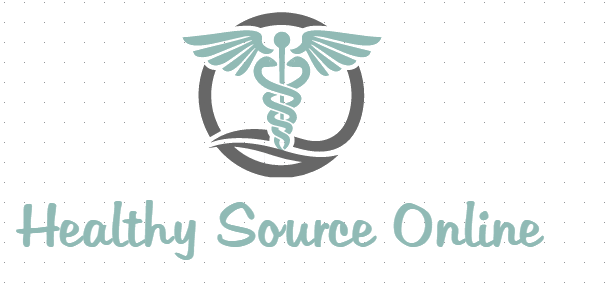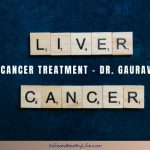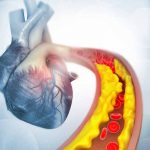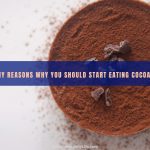[ad_1]
Contributed by: Rachana Arya
In the second article of our series covering all you need to know about breastfeeding, we will focus on debunking some more myths about breastfeeding and set the record straight on some of the false information out there. On the occasion of World Breastfeeding Week, check out the first article of the series.
With so much unsolicited advice and “wisdom” available from well-meaning grandmothers, elder sisters, next-door aunts, and – of course – the Internet, new mommies find it difficult to know what’s true and what’s not.
Here’s a rundown of some startling facts and myths surrounding breastfeeding:
Myth #1: Some women do not produce enough quantity of milk
Fact:
Absolutely Not! Mothers naturally produce milk after babies are born and the more effectively the baby feeds, the more milk the mother will secrete. Mothers can adequately breastfeed twins and even triplets. There are only two medical conditions that may cause a woman to have a low milk supply – physical anomaly and hormone imbalance.
Myth #2: Women with small breasts will not produce sufficient milk for the baby
Fact:
Contrary to popular belief, size doesn’t matter! Regardless of your breast size, the breast tissue essential for nursing your child develops in response to pregnancy. Milk ducts are found in this newly developed tissue, not in the fatty tissue that is responsible for breast enlargement. This necessarily implies that the amount of milk you make is unaffected by your breast size.
Myth #3: It’s normal for breastfeeding to hurt
Fact:
According to the United Nations Children’s Fund (UNICEF), new mothers may suffer some discomfort when they initially begin breastfeeding, but this should only last a few days. It is also absolutely normal for nipples to feel sore. It’s worth reiterating that the number one cause of sore nipples or discomfort is that you’re either positioning the baby incorrectly or not ensuring that the baby is properly attached to the nipples. Both of these problems can be handled if you seek help from a nurse, doctor, or an elderly woman in your family. That said, if you find that there is excruciating soreness or pain, speak to a doctor as soon as you can.
Myth #4: Your nipples should be washed with soap before every feeding
Fact:
There’s absolutely no need to clean the breast or nipples prior to breastfeeding. Apart from unnecessarily complicating the natural process of breastfeeding, washing your nipples with soap and shower gels can strip them of their natural protective oil, causing dryness and irritation. The nipples contain “good bacteria” that aids in the development of your newborn baby’s own healthy immune system throughout his or her life. All you need to do is keep your breasts and nipples clean by washing them daily with warm water.
Myth #5: You need to drink milk to increase breast milk production
Fact:
There is no scientific evidence to suggest that consuming milk or dairy products will have an effect on your breast milk production. There is indeed no doubt that calcium is important for you and is abundant in cow’s milk, but it can also be found in a variety of other foods like yogurt, cheese, and certain green vegetables. Moreover, if your diet is deficient in calcium, your body will use calcium from its stores to continue producing nutritious breast milk.
Whether or not you drink milk, it is important that you should be hydrated at all times with juices along with a well-balanced, healthful diet. It’s essential to drink at least one glass of water every time you feed your baby, as well as whenever you’re thirsty in between. Aim to drink at least eight to ten glasses of water per day. Breast milk production is a natural process in which your body absorbs important nutrients and passes them on to the baby.
Myth #6: You should not breastfeed if you have COVID-19
Fact:
According to the World Health Organization (WHO), there is no evidence found as yet to conclude vertical transmission of COVID-19 through breastfeeding. So, there is no reason to quit nursing or avoid it. However, it is important that mothers with COVID-19 or suspected to carry the virus should opt to breastfeed their babies provided they follow all safety protocols.
In conclusion
The evidence is clear; breastfeeding provides optimal nutrition and boosts your infants’ immune system, shields them from disease, and provides protection from non-communicable diseases later in life.
Book The Women’s Advanced Health Test Today!
This post has already been read 6 times!
[ad_2]
Source link




